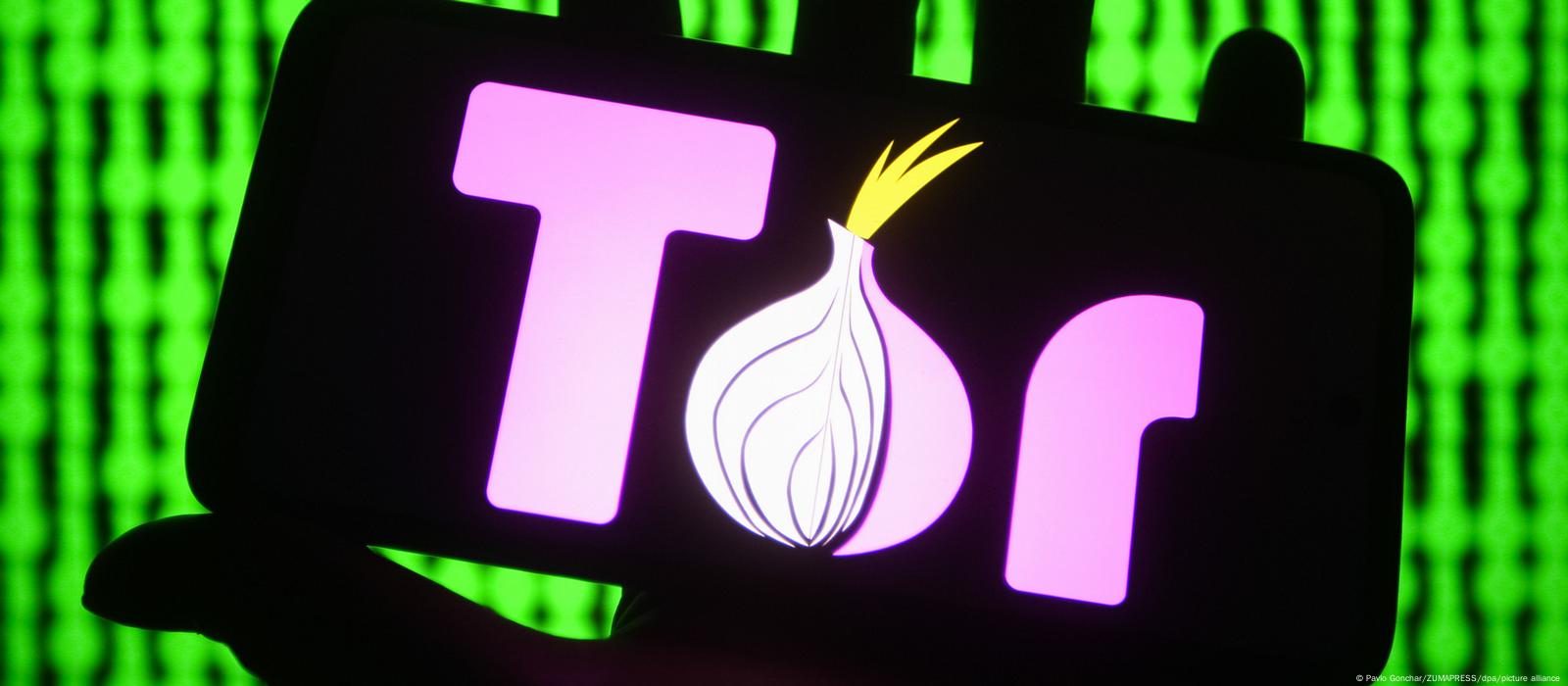The Dark Web, a part of the internet that is not indexed by conventional search engines, plays a critical role in safeguarding internet privacy, offering a haven for those who wish to protect their online activities from surveillance and data collection. While the Dark Web is often associated with illegal activities, it serves a much more nuanced and important purpose: protecting privacy in a world where personal data is increasingly vulnerable to exploitation. One of the core reasons the Dark Web is important for privacy is its ability to anonymize users. Through technologies like Tor The Onion Router, users can mask their identity and location by routing their internet traffic through a series of relays. This makes it incredibly difficult for anyone, including government agencies, hackers, and corporations, to track or trace their online movements. In countries where internet usage is heavily censored or monitored, such as in authoritarian regimes, the Dark Web provides a platform for citizens to express dissent, access information freely, and communicate without fear of government reprisal.

Moreover, the Dark Web offers a space where users can bypass traditional surveillance systems. For example, encrypted messaging services, like ProtonMail or Signal, are available on the Dark Web, allowing users to engage in private conversations without the risk of interception by third parties. This encryption is particularly crucial for journalists, activists, and whistleblowers who rely on secure channels to report on corruption or human rights abuses. In situations where even encrypted communication on the surface web might be compromised, the Dark Web adds an additional layer of security that ensures sensitive information is kept private. The Dark Web is also significant for individuals concerned about corporate surveillance. Major tech companies track user behavior across websites, building extensive profiles that can be used for targeted advertising or sold to third parties. On the Dark Web, this tracking is far more difficult, if not impossible. Many of the services on the Dark Web operate with minimal data retention policies, meaning users can engage in activities without leaving behind a digital footprint.
This is increasingly important in the modern digital landscape, where privacy violations are common and often go unnoticed by most internet users in tordex.cc. Another key aspect of the Dark Web’s role in privacy is its provision of access to information in regions with restricted freedom of speech. In countries where the internet is heavily censored, the Dark Web allows individuals to access news, forums, and websites that are otherwise blocked. This is a vital resource for those seeking objective news or alternative viewpoints that may not be available on mainstream platforms. Despite its association with illegal activities, the Dark Web is an essential tool for safeguarding privacy in an increasingly interconnected world. It empowers individuals to protect their personal information, communicate freely, and access the information they need without fear of surveillance or censorship. By offering this level of privacy, the Dark Web helps preserve the core values of freedom, security, and autonomy that are fundamental to the open internet.
Comments are closed here.